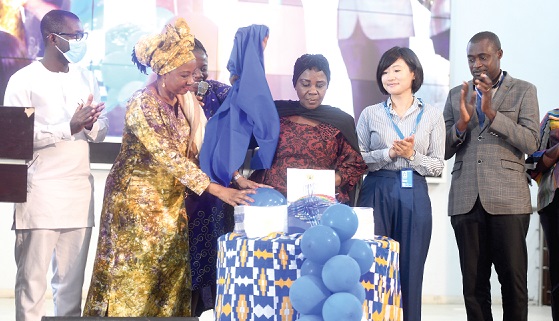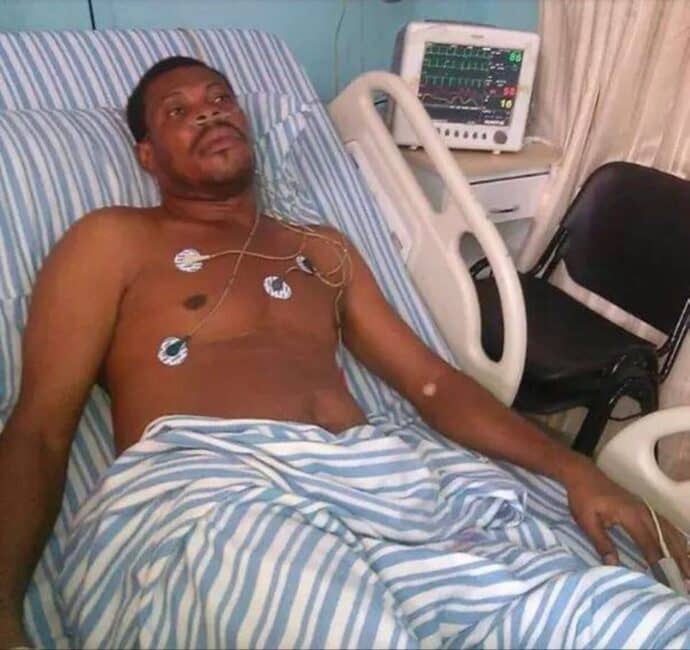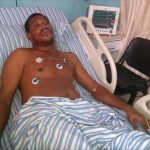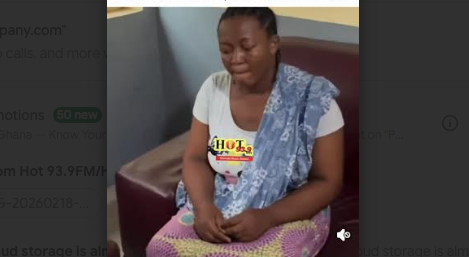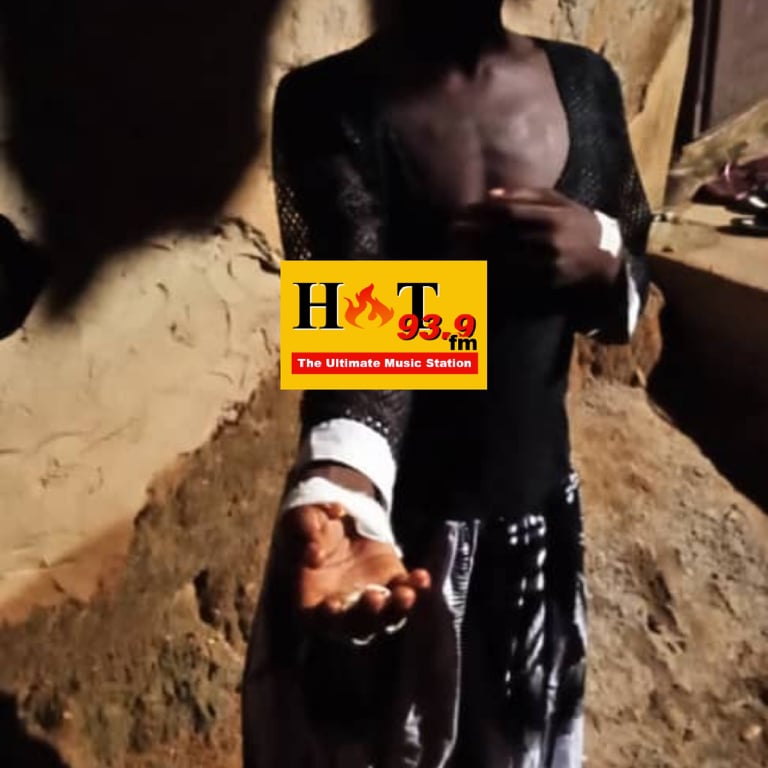The plan, which spans from 2022 to 2026, is aimed at preventing human trafficking, protect victims of human trafficking and prosecute offenders of human trafficking in the country.
The launch of the strategic plan on Friday, July 29 coincided with the celebration of this year’s World Day Against Human Trafficking (Blue Day), which falls on July 30 every year.
The day is celebrated every year since 2013 to raise awareness of the ills of human trafficking and protect victim’s rights.
It is also to inform the world that it is a complex international problem that requires effective and efficient collaboration.
This years’ global theme is centred on the “use and abuse of technology”. It focuses on the role of technology as a tool that can both enable and impede human trafficking.
It is estimated that over 40.3million people worldwide are in modern slavery, and the proceeds accrued from this act globally stands at over $160 billion annually.
This makes it the second most lucrative unlawful business in the world currently.
Ghana’s situation
Ghana has been known to be a country of origin, transit, and destination for people, especially women and children subjected to trafficking.
Approximately,133,000 people are estimated to be living in modern slavery in the country.
The Caretaker Minister of Gender, Children and Social Protection, Cecilia Abena Dapaah, who launched the strategic plan said the government was working with strategic partners to ensure that human trafficking was rooted out of the country.
She said The Human Trafficking Secretariat (HTS) of the ministry with support from law enforcement officials rescued 831 victims of child trafficking in 2021.
Additionally, she said a total of 87 cases were reported and investigated by law enforcement officials with 32 cases prosecuted involving 37 individuals; 13 convictions gained for human trafficking, nine for child labour and 10 for other related offences.
Mrs Dapaah said 14 individuals were charged and convicted for child labour exploitation while 13 individual defendants were charged with human trafficking offences and jailed between five and seven years in prison.
Stakeholders including UNICEF and IOM pledged their continuous support to the country to support its fight against human trafficking.
The Chief Director at the Ministry, Dr Afisah Zakariah, in an address, said as part of the ministry’s effort to curb the menace, 60 law enforcement agencies had been equipped with advanced level capacity building training programme to understand the dimensions and the urgency to end adult and child trafficking, child labour, irregular migration and all forms of exploitation.
Also she said the media campaign was still ongoing to raise awareness of the menace as well as the distribution of information, education and communication materials.
Stakeholders including UNICEF and IOM pledged their continued support to the country to support its fight against human trafficking
Source: graphic.com

